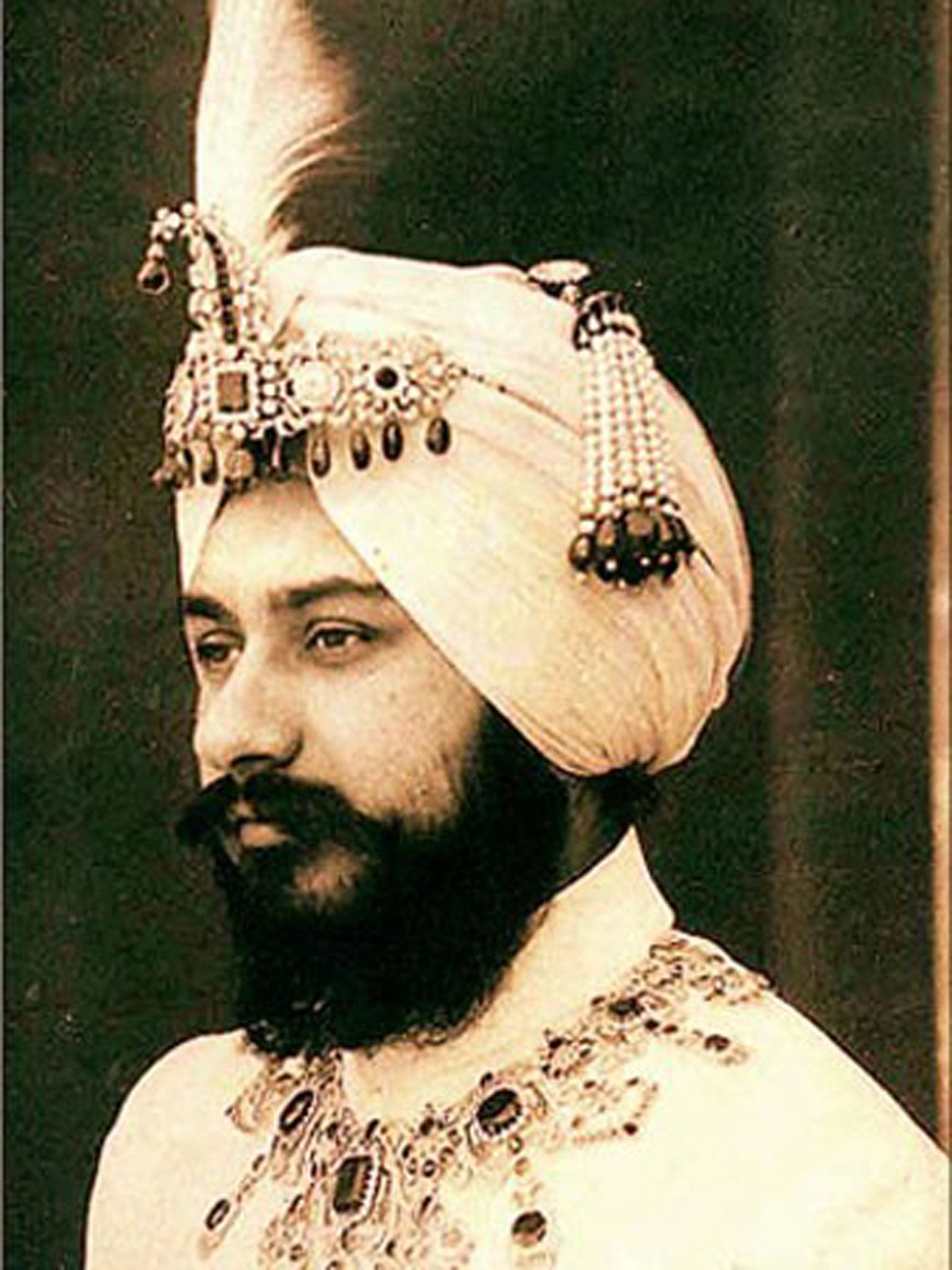The maharaja, the faked will and a 24-year wait for a £3bn inheritance

Your support helps us to tell the story
From reproductive rights to climate change to Big Tech, The Independent is on the ground when the story is developing. Whether it's investigating the financials of Elon Musk's pro-Trump PAC or producing our latest documentary, 'The A Word', which shines a light on the American women fighting for reproductive rights, we know how important it is to parse out the facts from the messaging.
At such a critical moment in US history, we need reporters on the ground. Your donation allows us to keep sending journalists to speak to both sides of the story.
The Independent is trusted by Americans across the entire political spectrum. And unlike many other quality news outlets, we choose not to lock Americans out of our reporting and analysis with paywalls. We believe quality journalism should be available to everyone, paid for by those who can afford it.
Your support makes all the difference.It is a fortune fit for a maharaja – the former Maharaja of Faridkot, Harinder Singh Brar, to be exact. And after a two-decade legal battle, a court in northern India has ruled that Brar’s will was forged, allowing his two daughters to inherit his vast £2.86bn legacy.
The estate – which includes the 14-acre royal palace of Faridkot in the northern state of Punjab, jewels estimated to be worth £110m, a collection of 18 classic cars and an aerodrome used by the army – had been claimed by the Meharawal Khewaji Trust, set up by the maharaja’s aides and servants who were all made trustees.
Brar’s wife, Narinder Kaur, his mother, Mohinder Kaur, and oldest daughter, Amrit Kaur, were cut off without a penny, while the two younger princesses, Deepinder and Maheepinder Kaur, were given roles within the trust and paid monthly salaries of £13 and £11.70 respectively.
Now, 24 years after the maharaja’s death, Chandigarh’s chief judicial magistrate Rajnish Kumar Sharma has ruled that the will had been “forged and fabricated” and was therefore “illegal and void” and that the estate should go to the maharaja’s surviving daughters, Amrit and Deepinder, who are both aged in their 80s.
One of the last of India’s royal rulers, Brar was crowned maharaja of the tiny kingdom of Faridkot in western Punjab when he was just three years old, after his father’s death.
When India won independence from Britain in 1947, Faridkot was absorbed into the country, and royal titles and power were abolished. Royal families were given a fixed salary from the Indian government known as the “privy purse”, which was also eventually abolished in 1971. Many former royals were left destitute, while others went into business. Brar was one of the few who managed to hold onto their vast estate and opulent lifestyle built upon the work of ordinary people.
Brar is believed to have fallen into deep depression after the death of his only son, Tikka Harmohinder Singh, in a road accident in 1981. It is during this time that his servants and aides allegedly created the forged will, depriving his family of the inheritance.
A lawyer acting on behalf of the trust said on Sunday that it is considering appealing to a higher court.
“The will was real and it was not forged,” Ranjit Singh told the Times of India newspaper. “The trust, after going through the order in detail, could challenge it in an upper court.”
Amrit and Deepinder Kaur could not be reached for comment.
Join our commenting forum
Join thought-provoking conversations, follow other Independent readers and see their replies
Comments